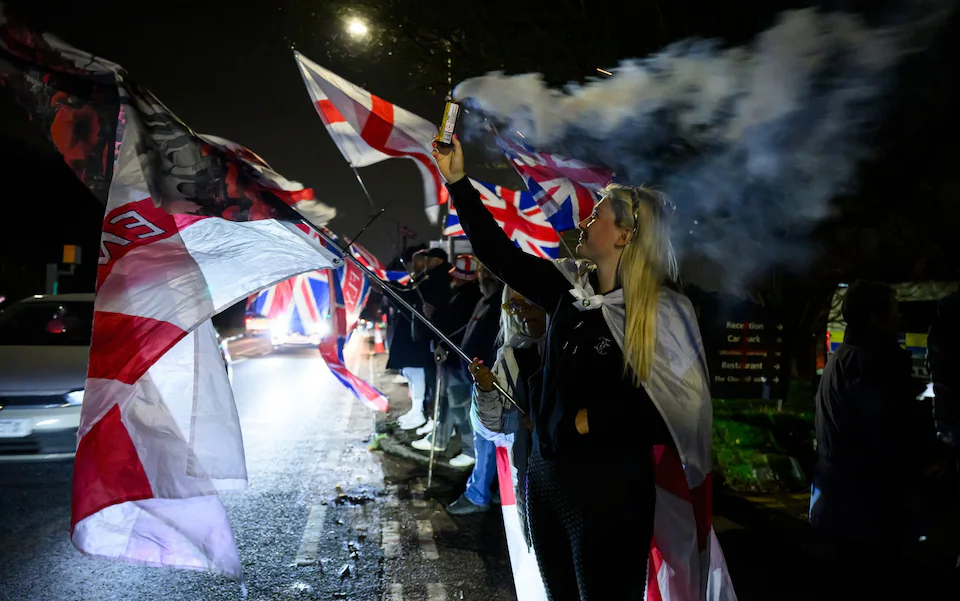The British Government has instructed thousands of civil servants to track social media posts about migrants as part of new guidance aimed at countering what officials call “high-risk narratives.”
The instructions come under the Cabinet Office’s Resist framework, which guides the Government Communications Service (GCS)—a network of 6,000 officials responsible for official messaging—on monitoring and responding to online content that could challenge government policy or spark public backlash.
Officials are asked to flag posts concerning migrant housing, newly arrived asylum seekers, and specific ethnic groups. They are also told to monitor material that could polarize public debates or fuel social tensions.
This guidance follows protests at migrant accommodations, including hotels, after the sexual assault of a 14-year-old girl by an Ethiopian asylum seeker in Epping. The Local Government Association provided anonymized case studies in the guidance, showing officials how to respond, including creating “cohesion forums” and using “prebunking” strategies to counter misinformation.
Currently, over 32,000 migrants are housed in hotels across the UK at taxpayer expense, with more than 35,000 people crossing the English Channel illegally by early October. Critics argue that these figures show the government is struggling to control Britain’s borders.
Reform UK Chief Whip Lee Anderson criticized the guidance, saying, “This government has allowed the largest invasion of our shores in modern history. It deserves full scrutiny, and the British people have every right to do so.”
The government says the guidance aims to protect people online, but concerns are growing about freedom of expression under the Online Safety Act. Labour MP Barry Gardiner admitted the law, originally framed for child protection, also restricts “harmful” adult speech, including opinions against immigration, raising fears that criticism of migration may be limited.

